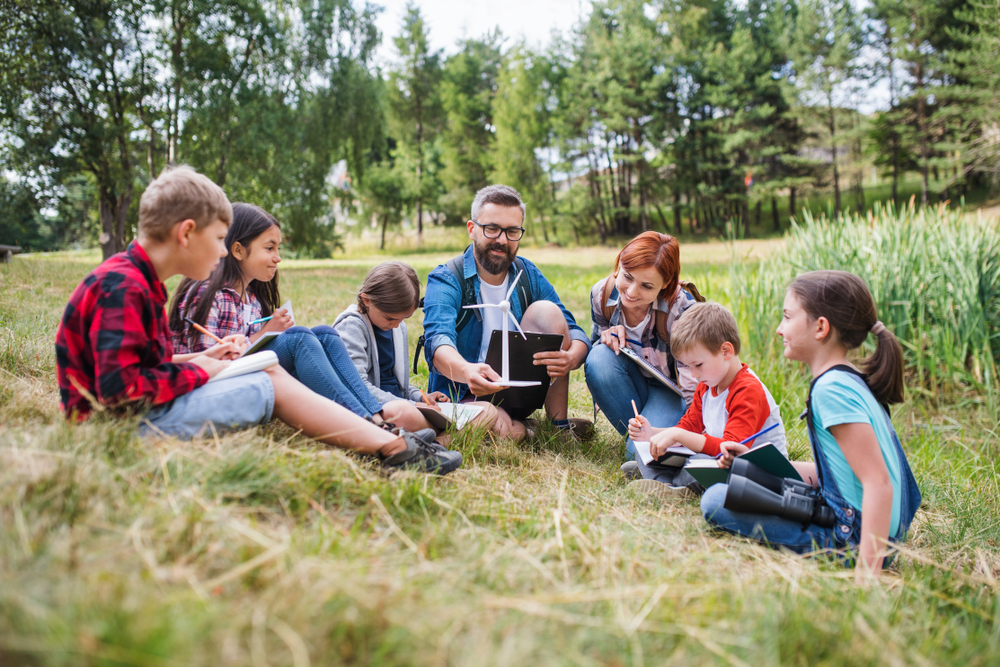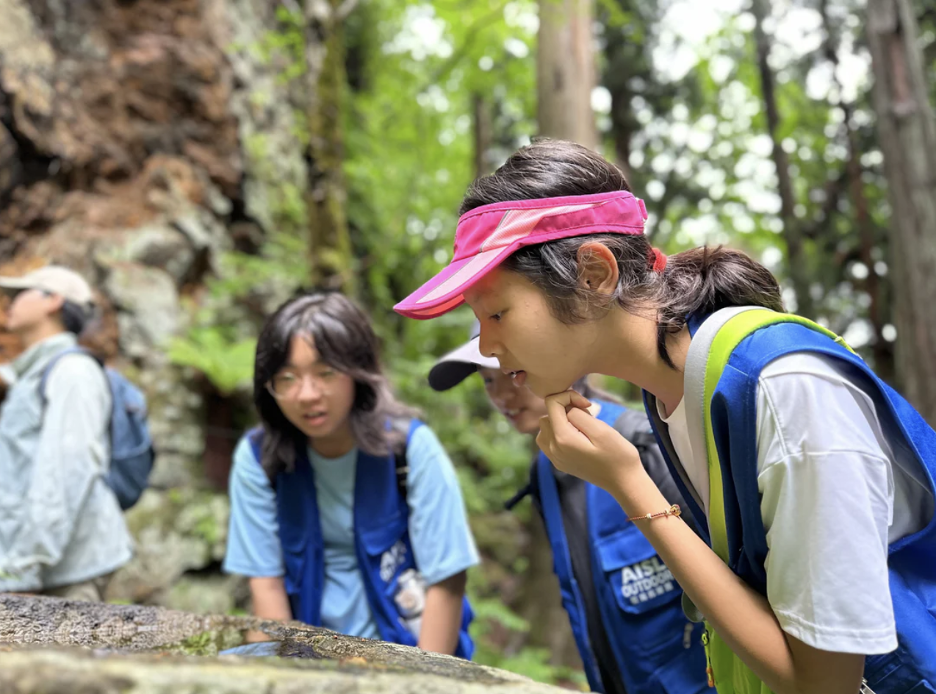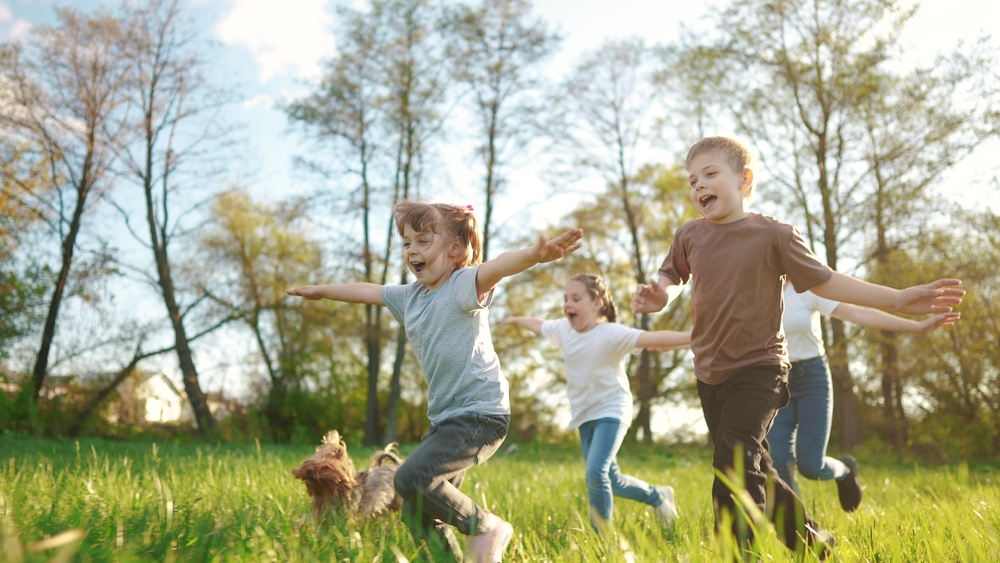In the rapidly evolving landscape of the 21st century, resilience has emerged as a critical competency for students to develop, influencing not only academic success but also personal and professional development. Resilience, defined as the ability to adapt positively in the face of adversity, equips learners with the skills to navigate challenges and uncertainties (Fergus & Zimmerman, 2020). As global issues such as climate change, economic instability, and social unrest become prevalent supranational features of this century, fostering resilience in educational settings is essential for preparing students to thrive and positively influence a complex and increasingly interconnected world (Berkel et al., 2021).
The importance of resilience extends beyond academic performance; it encompasses important emotional, social, and psychological dimensions. Research indicates that resilient individuals demonstrate better problem-solving abilities, higher emotional intelligence, and greater adaptability (Masten, 2021). These traits are particularly transferable, allowing students to apply their resilience across various life domains, from personal relationships to professional endeavors (Patterson et al., 2020). With this context, it seems pertinent that schools prioritise resilience-building practices to support the cultivation of well-rounded individuals equipped with the transferable personal and professional attributes to thrive in an unknown future world.
Despite this well supported rational, developing resilience within educational environments is a complex and challenging task. Utilising research and international best practice can provide an initial ‘direction of travel’ for schools to build their own independent approaches to developing the resilience of their students. However, advancing this concept into policy and practice poses a challenge to school leaders and teachers, causing an understandable hesitancy that can result in this important topic remaining towards the bottom of a long to do list.
One example of an evidence informed avenue for schools to develop students’ resilience is to systematically implement experiential learning approaches that engage students with the natural environment. To further develop the theme of outdoor learning, schools can explore outdoor learning through programmes of challenging adventurous activities or by integrating the natural environment into the curriculum. Activities that involve outdoor learning, including adventure-based programmes provide students with opportunities to face and overcome real-world challenges (Glover et al., 2022). Although each school possesses a unique demographic and access to the natural environment can be dependent on the institution’s location, budget, staffing levels, transportation availability and culture, there are approaches that schools could viably explore when looking to utilise nature to support resilience development.
For instance, participating in adventurous activities or team-building exercises in natural settings not only enhances interpersonal skills but also fosters a sense of belonging and community – both critical components of resilience (Miles et al., 2020). If adventurous or risk-taking activities pose implementation challenges, then schools can more simply embed programmes that take students outdoors for activities that encourage exploration and reflection, helping them build a resilient mindset. For example, nature-based therapy has gained traction in educational settings, promoting emotional regulation and coping strategies among students facing challenges (Hawkins et al., 2021).
Moreover, integrating nature into the curriculum through structured lessons has been shown to reduce stress and enhance psychological well-being, further supporting resilience (Bowler et al., 2022). This can be executed through (i) systematically planning outdoor learning activities that are built into the enacted curriculum, (ii) stimulating engagement with nature through environmental projects or (iii) planning a schedule of visits that enables a mapped engagement with the outdoors.
Resilience is an indispensable quality for students in the 21st century, offering vital skills for personal and professional success. Although there are many levers of change that schools can pull to advance student resilience, by incorporating strategies that utilise nature within educational frameworks, schools begin to reliably and effectively nurture resilience. Experiential outdoor learning that occurs through nature-based adventure and challenge, through curriculum delivery or through a thorough visits schedule, present as accessible starting points for schools to bring in resilience practices. As educators, fostering this quality not only prepares students for the complexities of modern life but also empowers them to become proactive, adaptable, and resourceful individuals in an unpredictable world.
Extra-Curriculum Academic Stretch and Challenge Activities that may be of interest:
Get a special discount by quoting code AISLMALL during CHECKOUT.
3Education: Language Courses & Interest Classes

3HK provides a wide range of learning experiences for students including academic exploration (English, Chinese, Mathematics and Mandarin) and Enrichment classes (Visual Arts, Ballet, Taekwondo, Abacas Maths and Music). We advocate child-centered learning approach in which we serve children as the priority. We let children explore, share, spark in the classrooms. We provide professional support in helping children to design their individual learning plans to achieve whole-person development.
ActiveKids: The Chess Academy
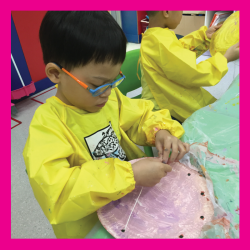
Since 2004, ActiveKids has been specializing in delivering leading edge fun and educational programs to children ages 3 – 18 in Hong Kong. The Chess Academy offers Hong Kong’s top chess program, led by Grand Masters and expert FIDE coaches. Children learn from the best in a comprehensive program that enhances their strategic skills and character. Summer camps focus on improving tactics and challenging players of all levels.
AISL Outdoor: Holiday Camps

At AISL Outdoor, we believe every student deserves to learn and grow through discovery in the natural world. Our outdoor education programs provide transformative experiences that foster personal growth, leadership, and environmental stewardship. AISL Outdoor envisions a sustainable future where students develop a lifelong passion through learning outside the classroom.
CreativeKids: Design & Architect Programs

CreativeKids has been advancing creative development in children and teens since 1991 with art, design, and architecture programs. Their award-winning courses foster creativity, adaptability, and problem-solving, helping students excel academically and professionally. They also offer Creative Parenting workshops and support for special needs.
Drama Rainbow Education

DRE Learning Lab is an online course for children (5-11) using Drama in Education pedagogy. It offers interactive classes with tasks, drawing, and questions to enhance critical thinking. The course includes parent consultations, fosters independent learning, and promotes social skills through group collaboration.
KFBG Transformative and Mindfulness Forest Immersion Walk
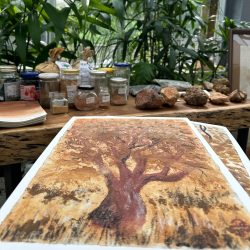
Kadoorie Farm and Botanic Garden (KFBG) spreads over 148 hectares of land on the northern slopes of Tai Mo Shan, Hong Kong’s highest mountain. Surrounded by towering peaks, the site is rich with natural features, including streams, woodlands, orchards, vegetable gardens, walking trails, live animal exhibits, floral exhibits, sustainable agriculture demonstration plots, art exhibits, the Wild Animal Rescue Centre(WARC) etc.
Oxford Scholastica Academy: Oxford Summer School

Oxford Scholastica Academy offers summer courses for 12-18 year olds in subjects like Medicine, Business, Psychology, and Engineering. Experience a mix of theory and practice, learn from top tutors, and build lasting connections. The program inspires academic direction and personal growth in the heart of Oxford. We’d love to invite you to experience the magic of our Oxford summer school and online courses.
References
- Berkel, L., et al. (2021). Educational Resilience: A Review of the Literature. International Journal of Educational Research, 105, 101760.
- Bowler, D. E., et al. (2022). Nature and Mental Well-Being: A Review of the Effects of Nature Exposure on Psychological Resilience. Journal of Environmental Psychology, 79, 101767.
- Fergus, S., & Zimmerman, M. A. (2020). Adolescent Resilience: A Framework for Understanding and Developing Youth Resilience. Journal of Adolescence, 79, 164-170.
- Glover, T., et al. (2022). Nature-Based Learning: Its Role in Fostering Resilience in Students. Journal of Outdoor and Environmental Education, 25(1), 25-40.
- Hawkins, J., et al. (2021). Nature-Based Therapy: A Framework for Developing Resilience in Education. Journal of Ecopsychology, 13(2), 112-126.
- Masten, A. S. (2021). Resilience in Children: A New Approach to Development. American Psychologist, 76(5), 779-793.
